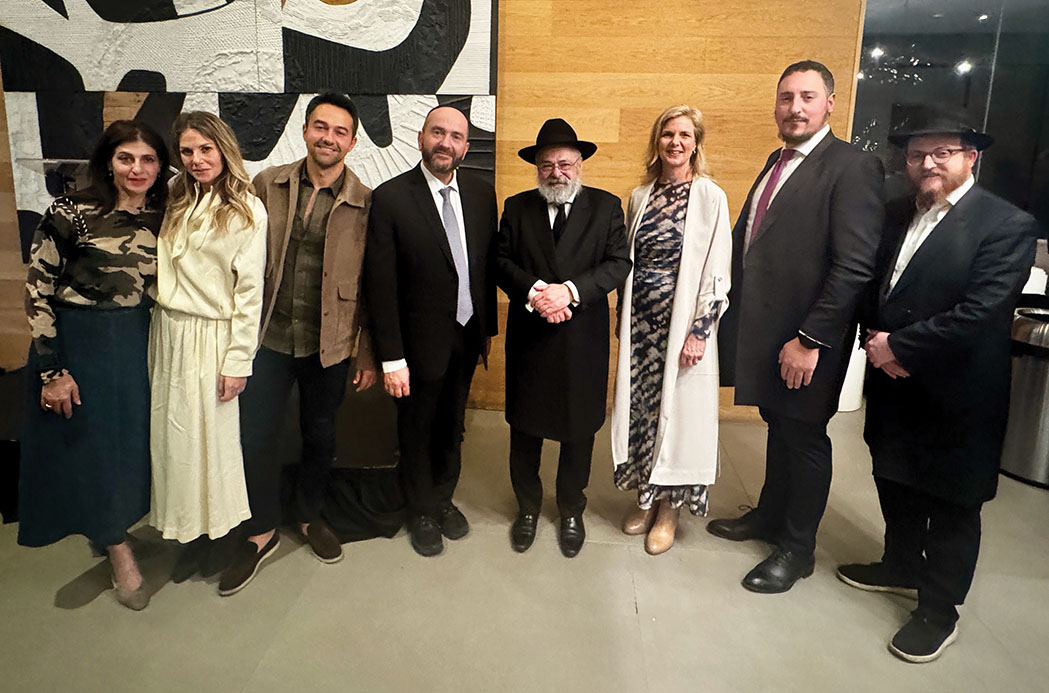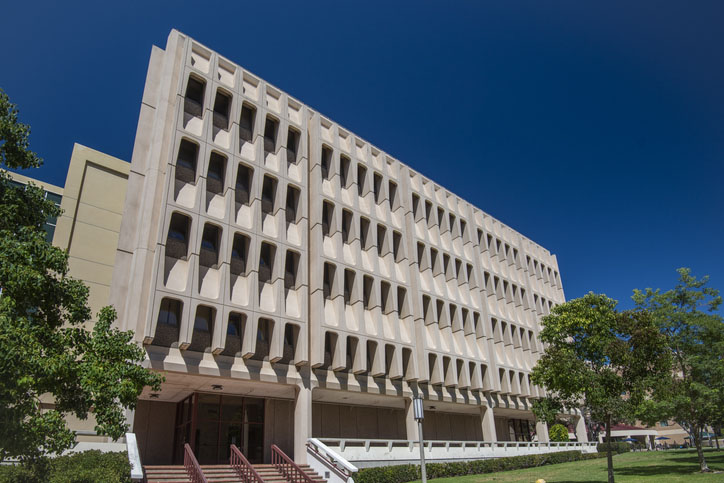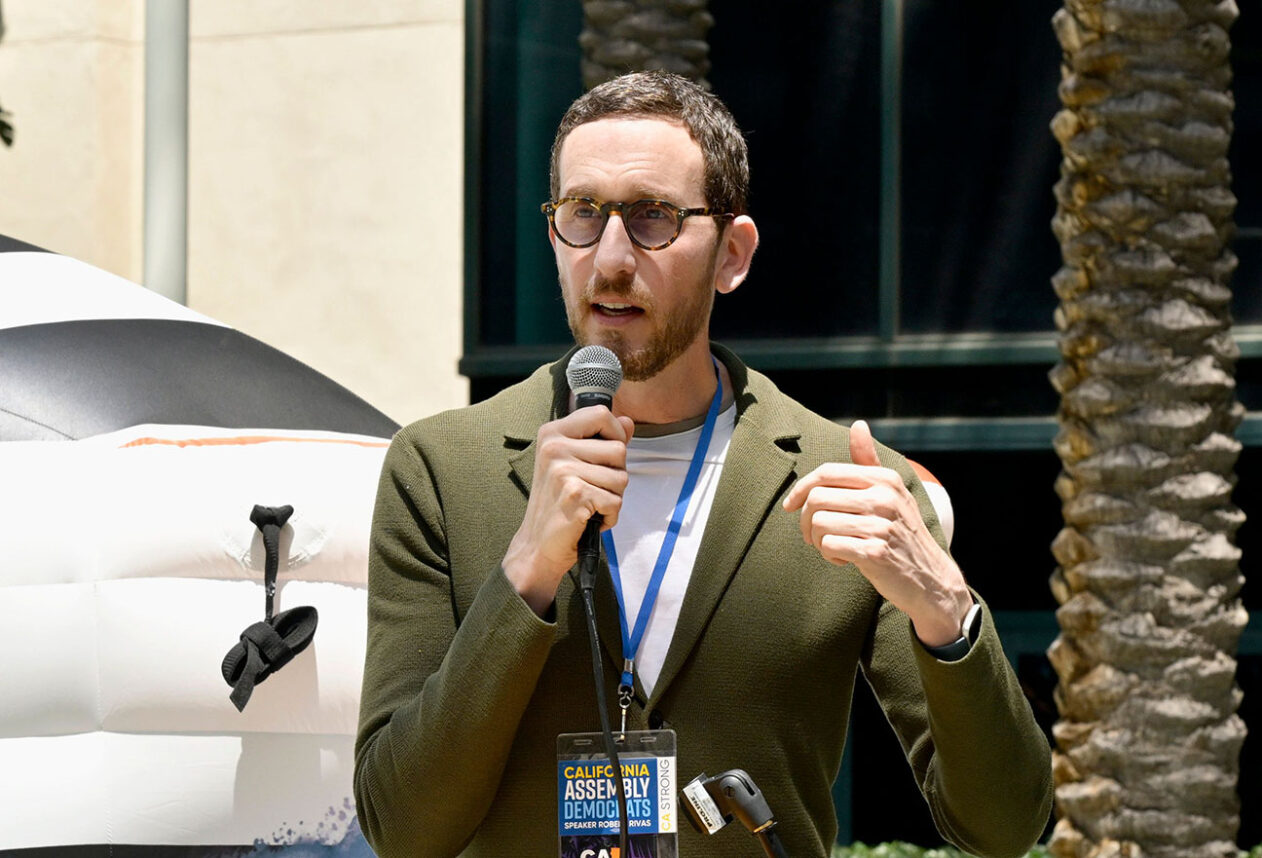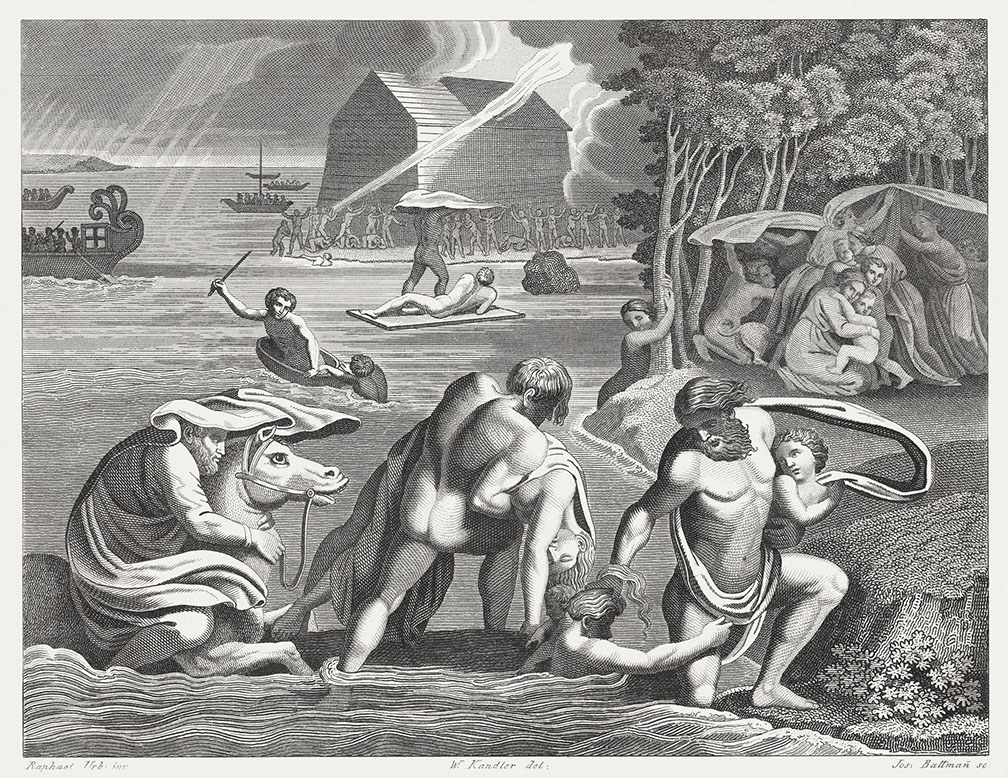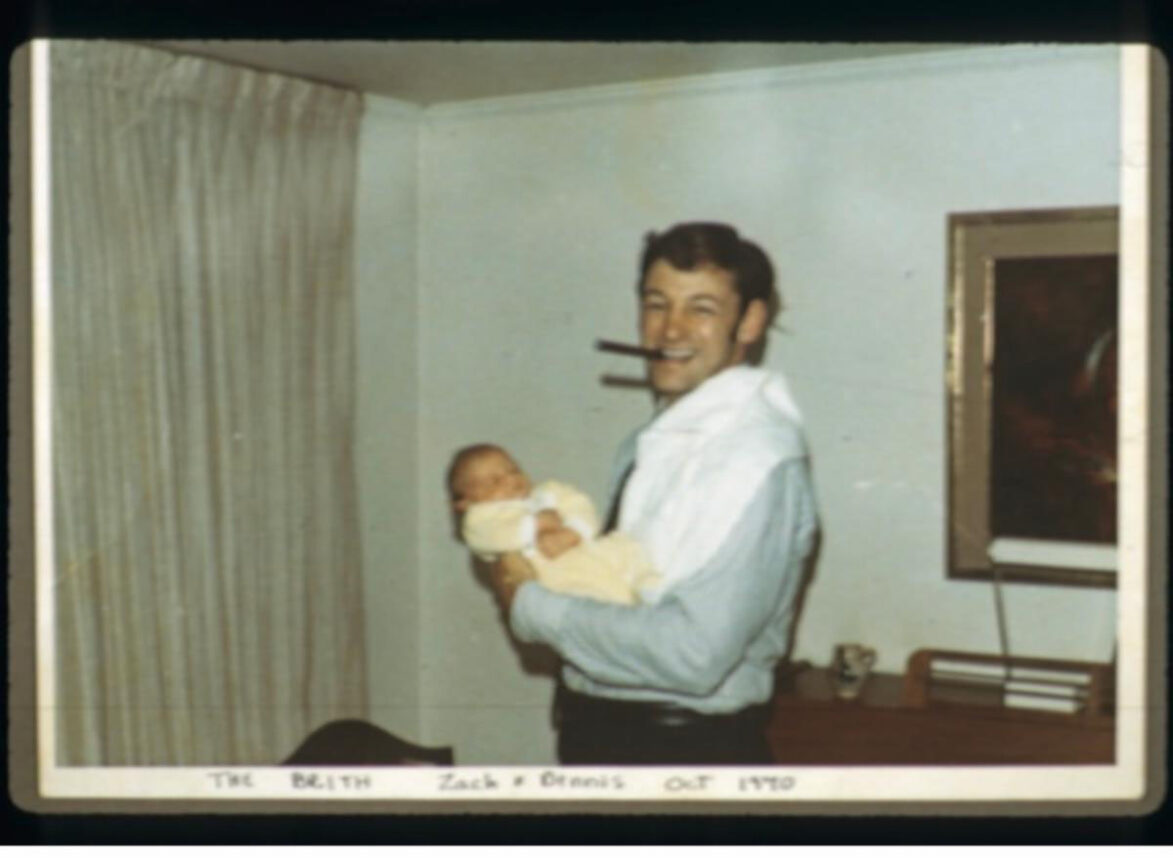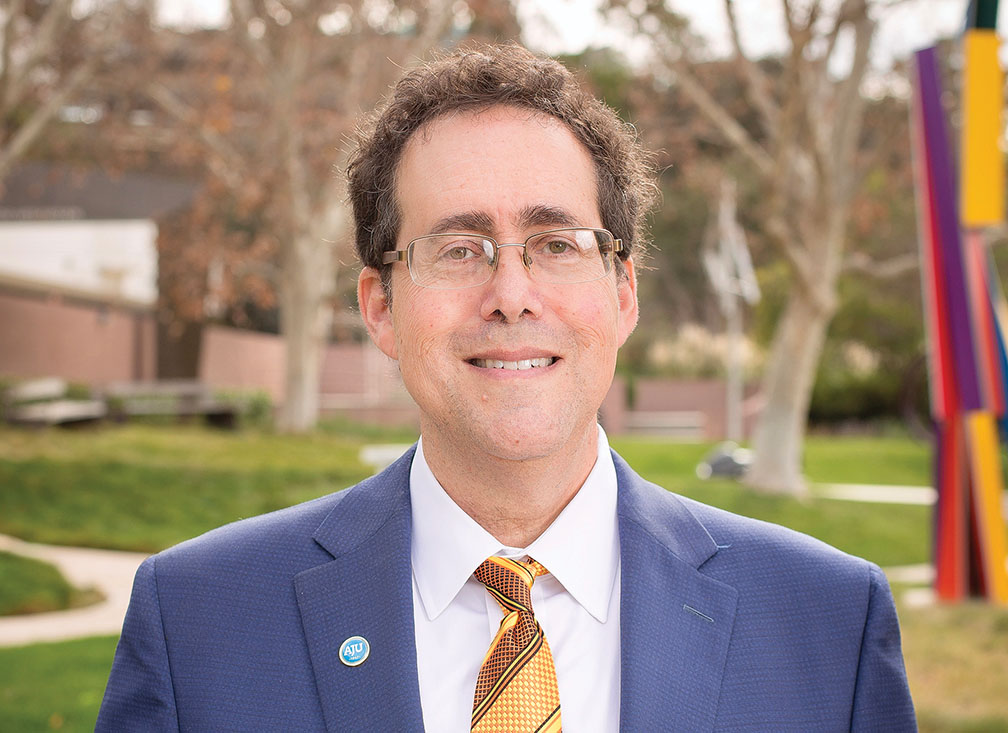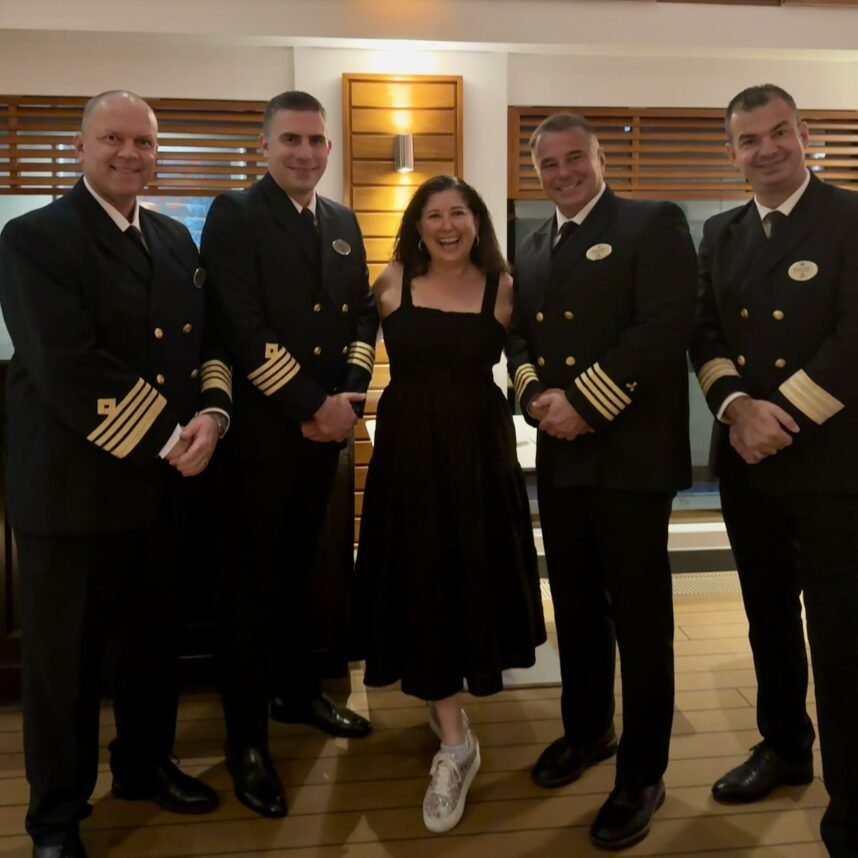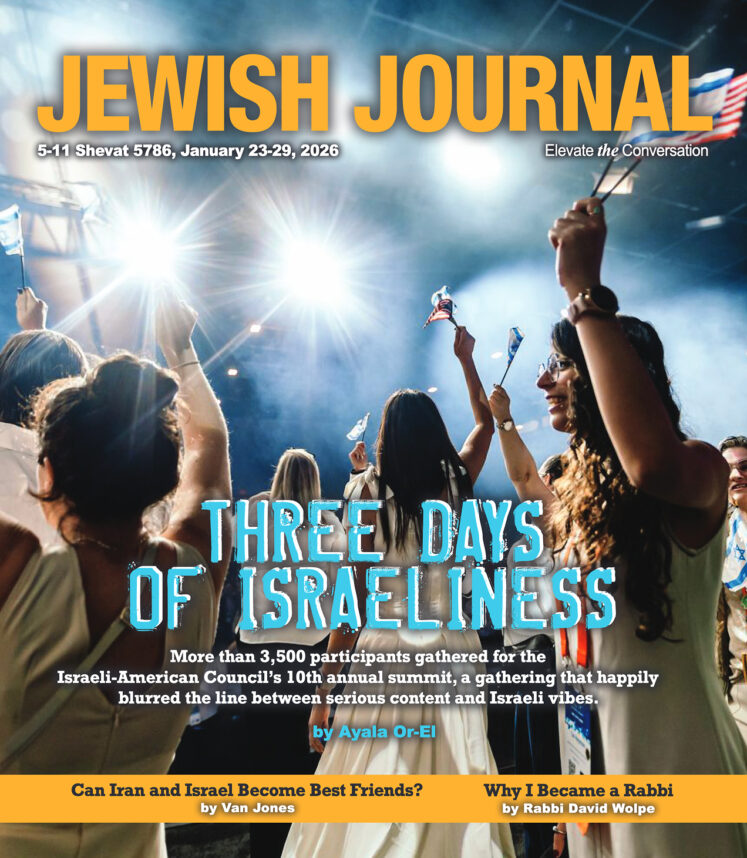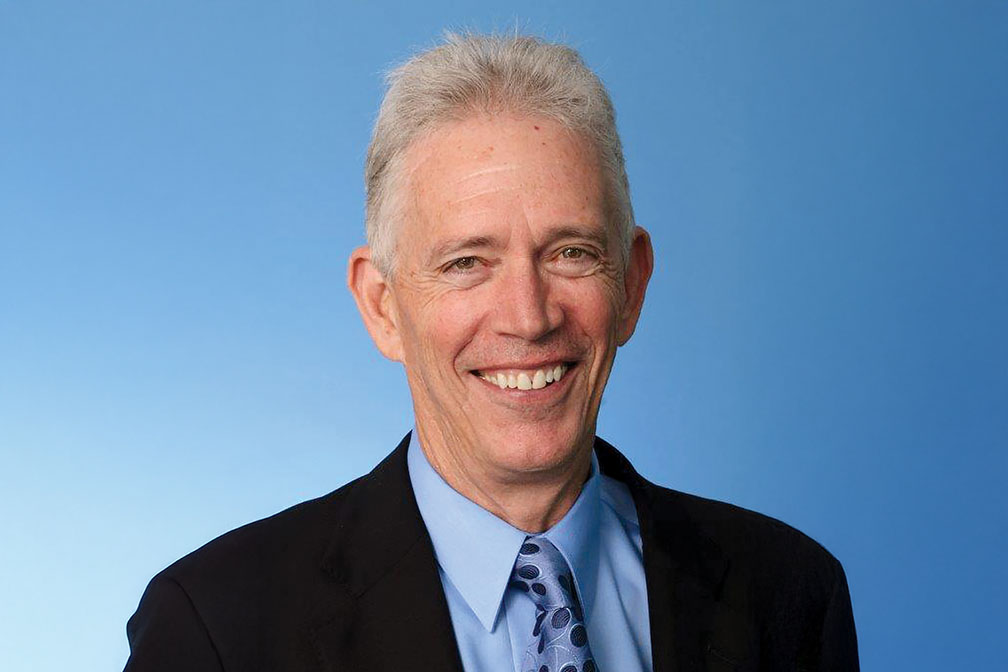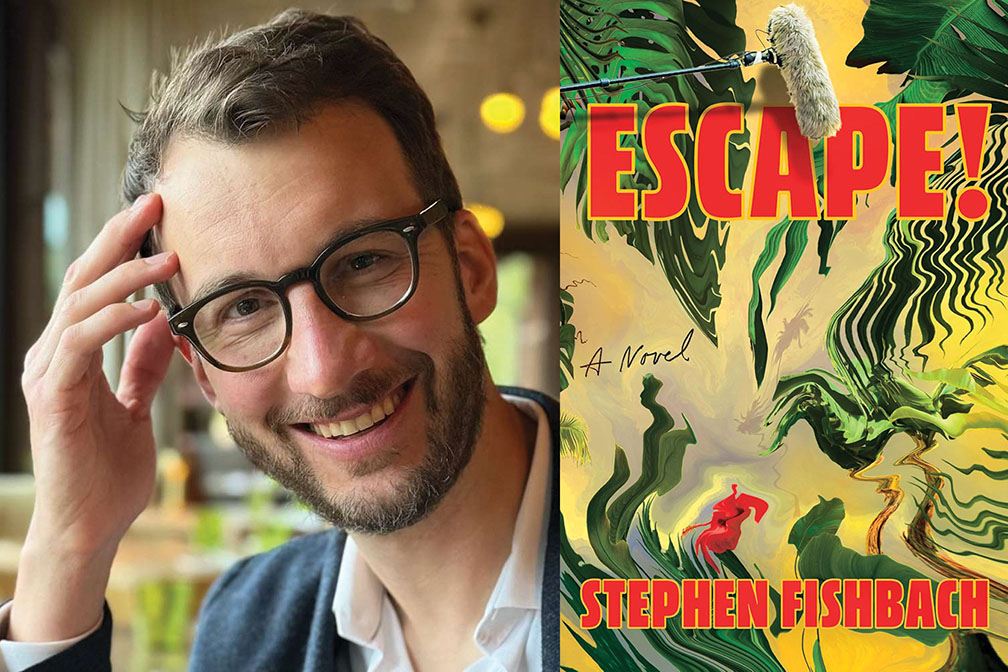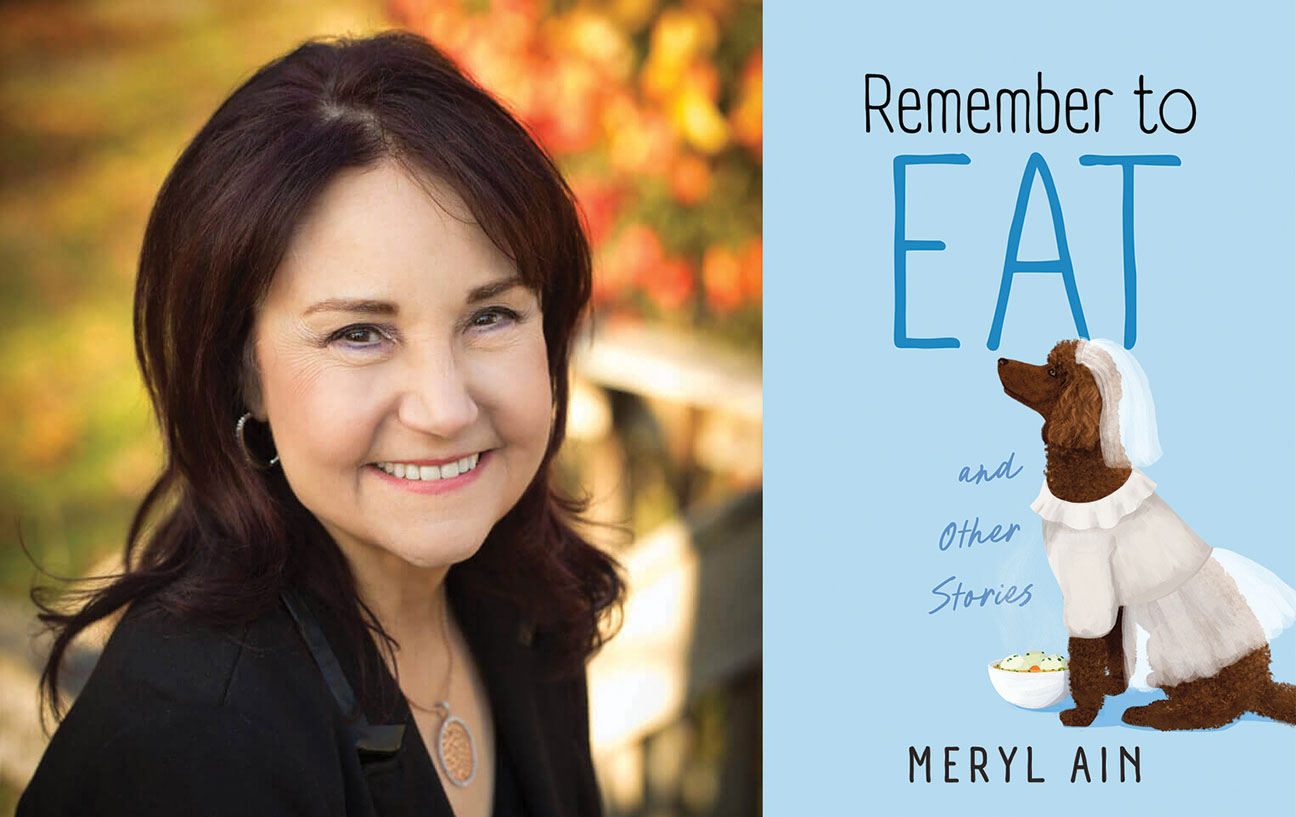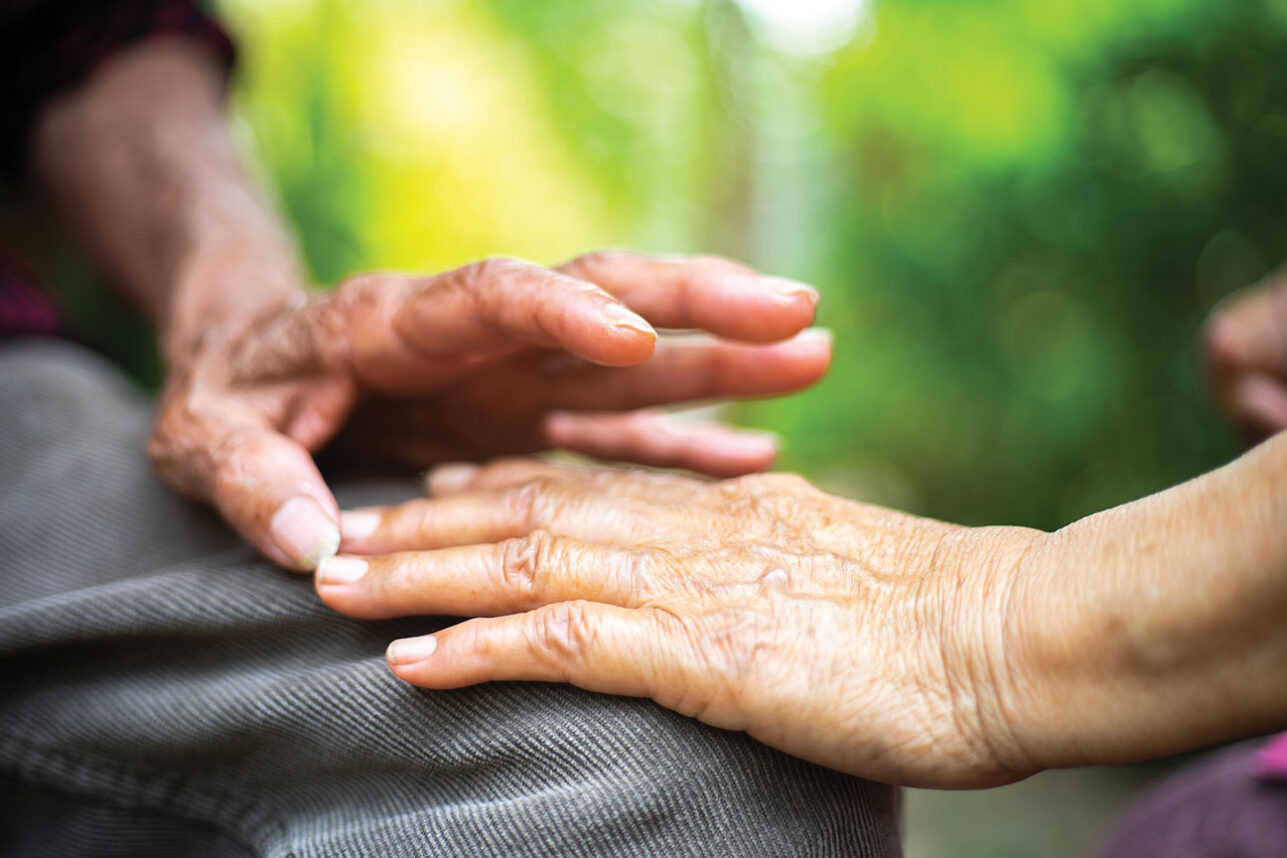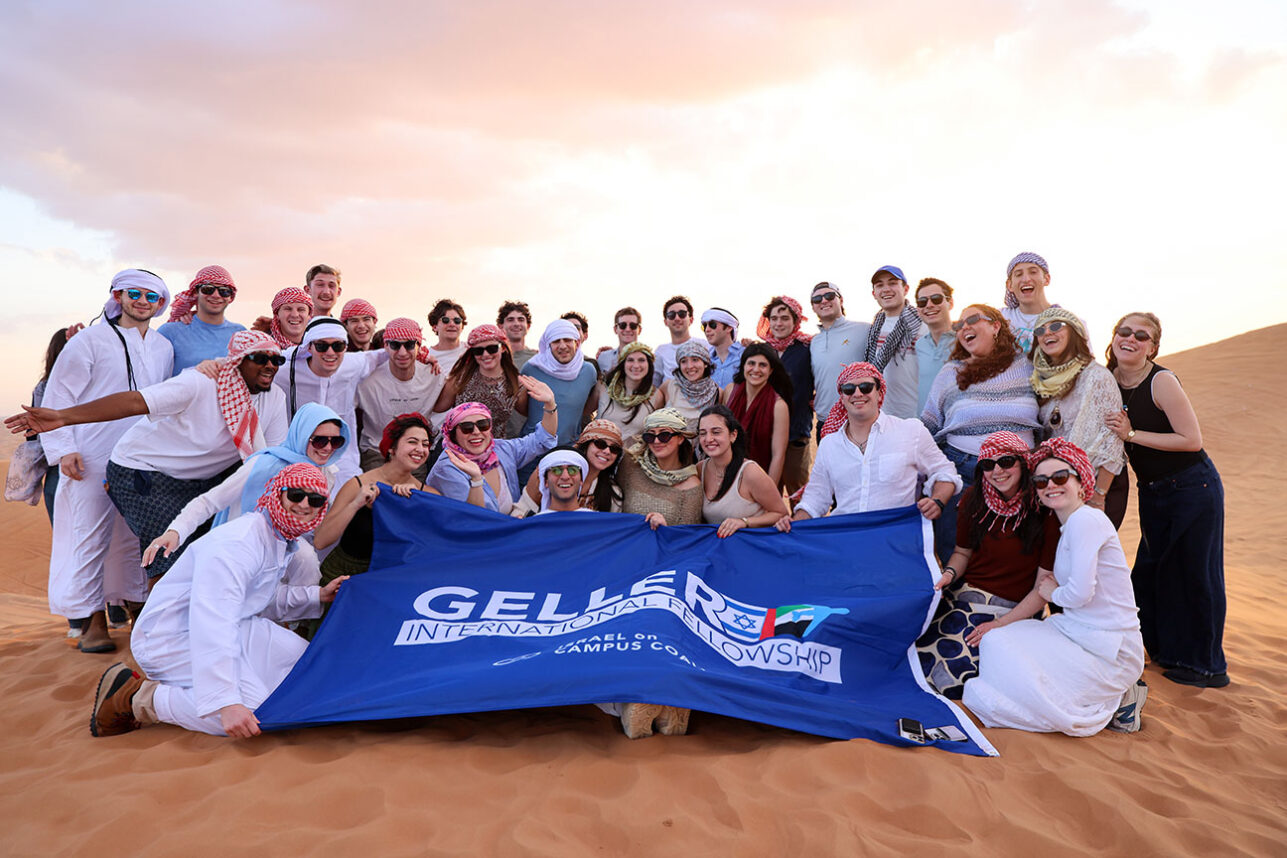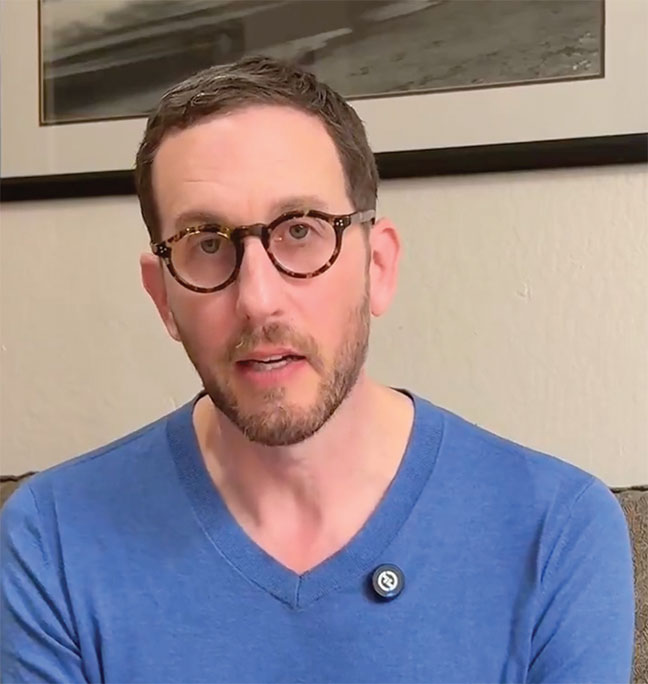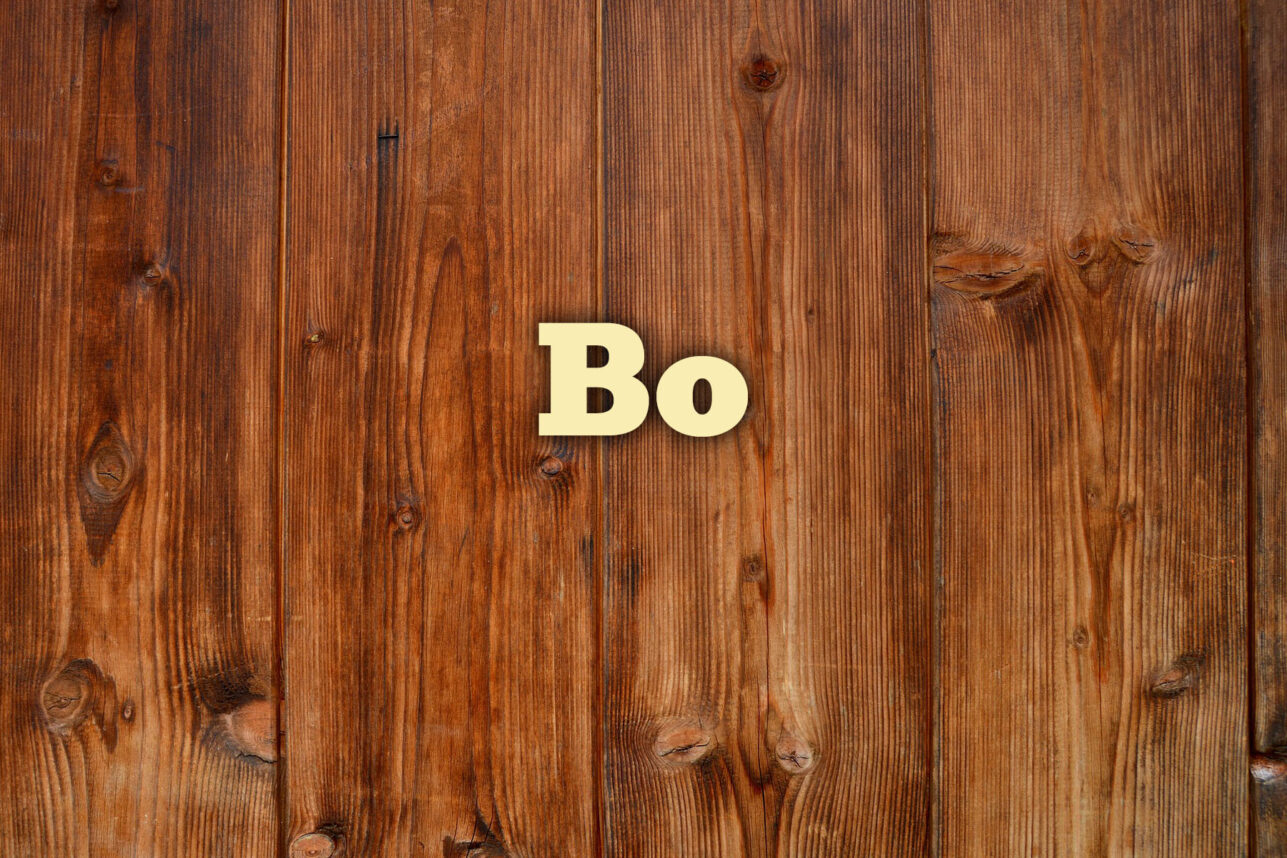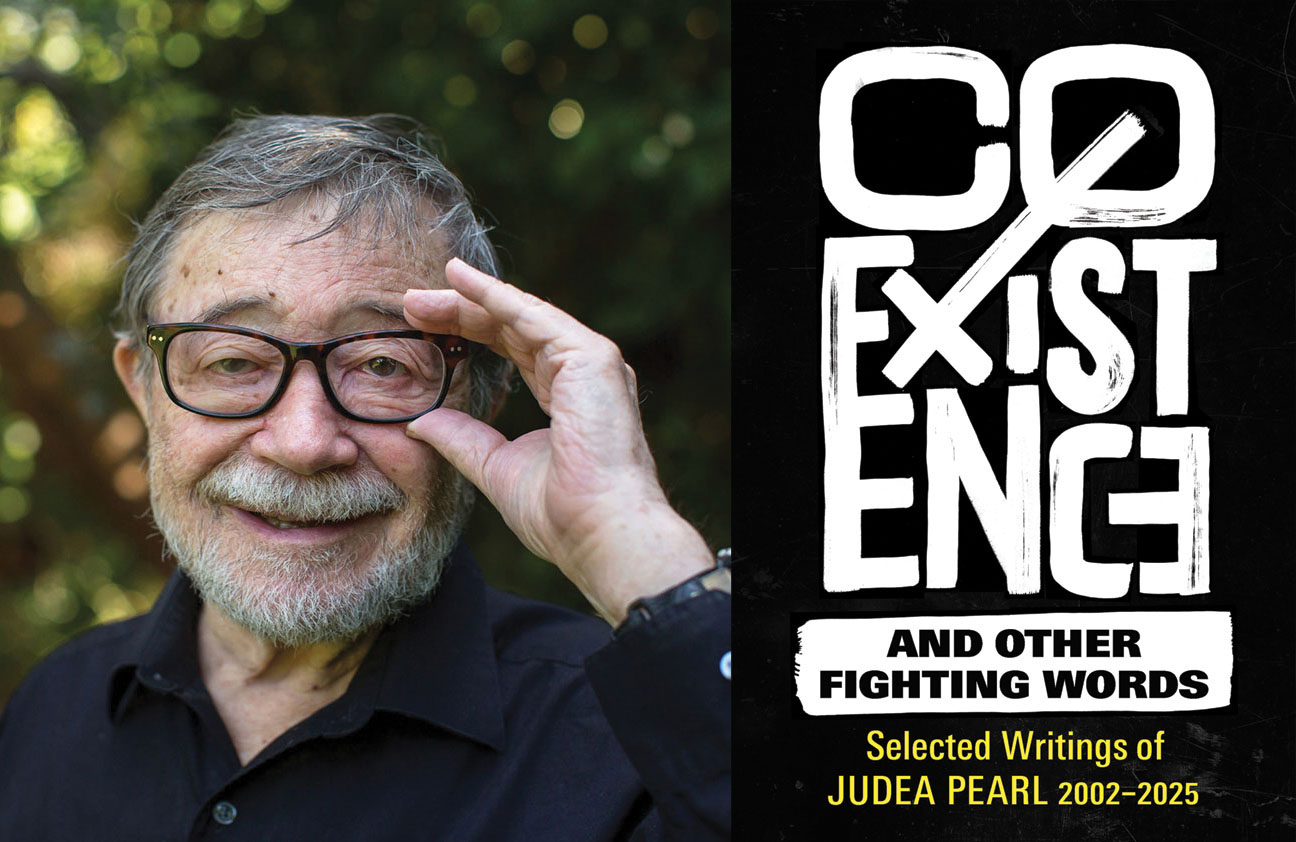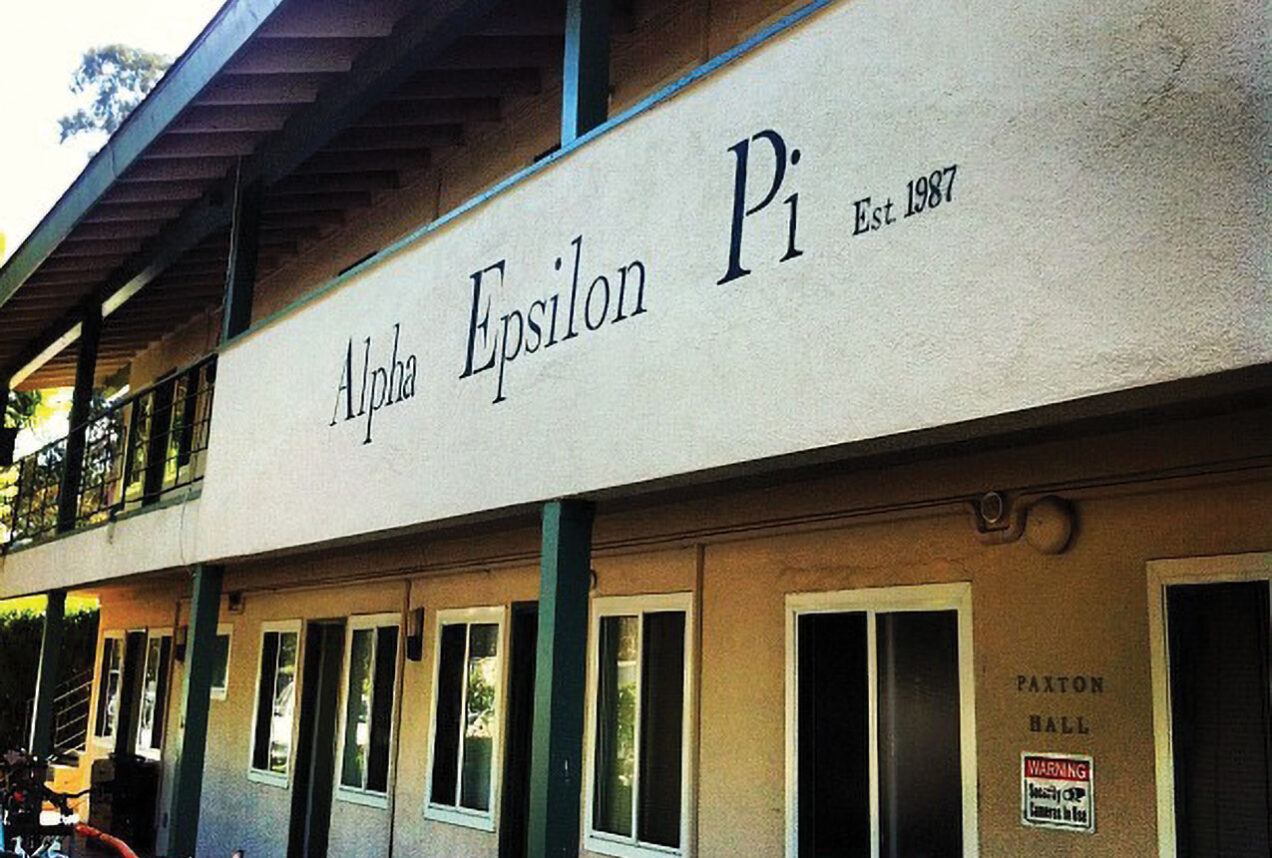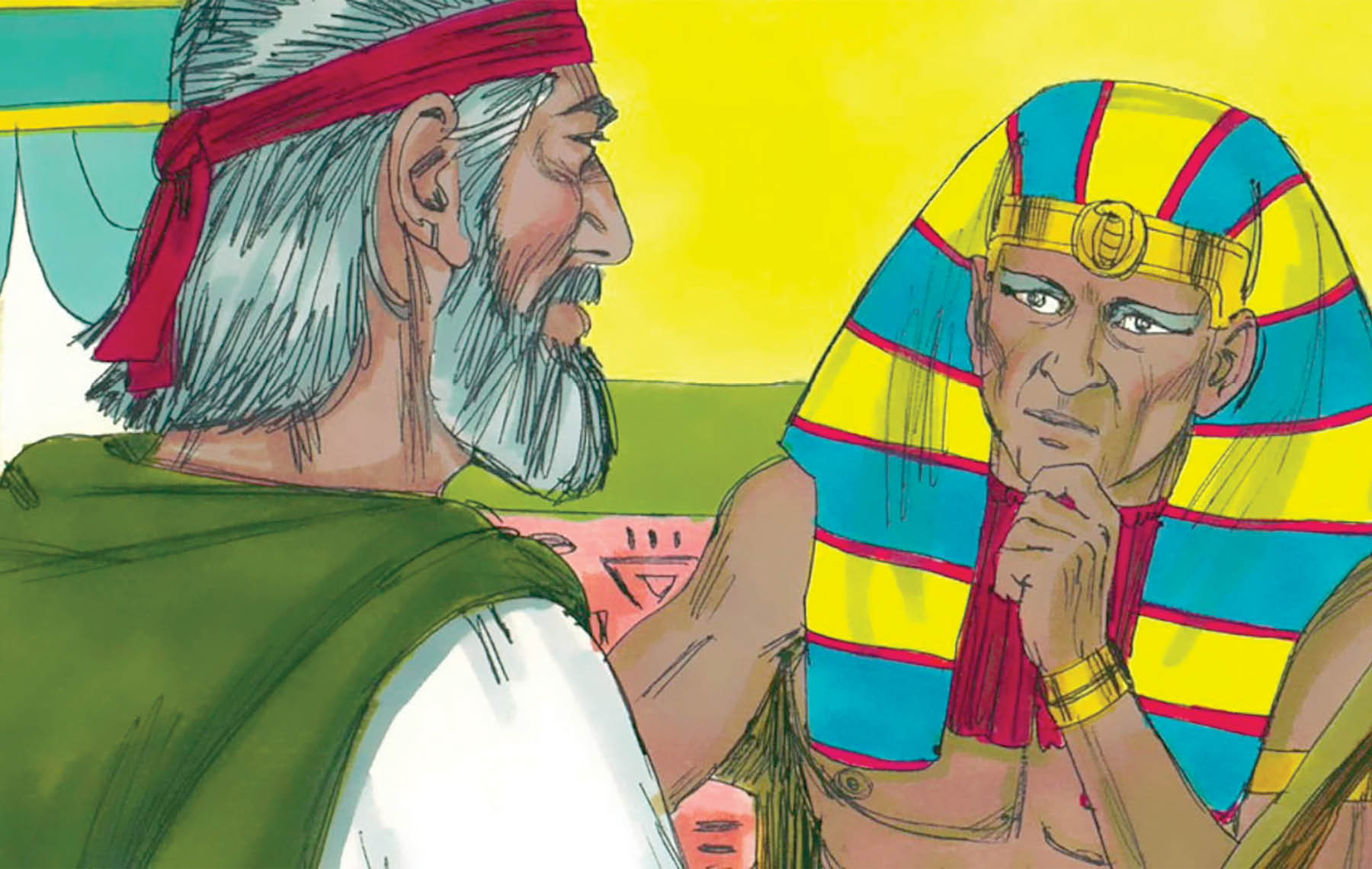
Moses was the original Jewish political activist and lobbyist. He organized his thoughts and priorities, then went to the top powers to demand action. What’s more, God made it clear the choice of Moses, complete with his speech disability, was intentional, leading many to believe that Moses’ experience as a person with a physical disability was of great value.
Whether you are interested in fighting anti-Semitism, strengthening the U.S.-Israel relationship or fighting for better public schools and jobs for people who have disabilities here at home, don’t leave civic engagement to special interest lobbyists.
This High Holy Days season coincides with National Disability Employment Awareness Month (NDEAM), so now is a great time to reach out and enable people with disabilities to get the education, jobs and access they need to fully participate in their communities.
Los Angeles has 183,786 students with disabilities. Additionally, although 70% of people with disabilities want to work, only 36.7% of L.A.’s 566,325 working-age residents with disabilities (ages 18-64) have jobs. Thousands of them are Jewish and would like nothing more than to work and/or volunteer at one of the many wonderful Jewish organizations in Los Angeles.
Jews with disabilities want to contribute their energy and ideas to help tikkun olam — just like anyone else.
So how can you, as one Jew — whether you have a disability or not — make a difference? How can you, too, be like Moses and achieve great things for people?
1. Pick your target
“Making the world a better place” has a nice ring to it, but you need to have a real “theory of change.” This means having a specific and effective plan of action.
2. Start by listening
An L.A.-area congressman once shared a great idea. He said to always start a meeting by asking questions about the other person and their objectives. Nod. Take notes. Smile. If you can find out how to accomplish some of their goals while accomplishing yours, they will be on your side. You won’t always agree on everything, but sometimes, best friends are made through silence and a smile.
3. Don’t dance the horah alone
Moses may have been one guy with a speech impediment, but even he knew the importance of delegation and collaboration, working first with his brother and sister, Aaron and Miriam, then forming a whole team on the advice of his father-in-law Jethro. In modern times, God has given us the ability to create our own coalitions to make miracles happen. You need to build a team. Key allies can be synagogues, HaMercaz and other disability organizations, vocational rehabilitation offices, workforce boards, the Los Angeles Chamber of Commerce, the L.A. Mayor’s Office on Disability, school systems and employers.
4. Help people do a mitzvah and do well
It’s not cynical to say politicians and companies generally do what is in their own interests; it’s realistic. Our system was created to make our leaders beholden to the people and corporations beholden to shareholders. Hence, you have to show them how they can do good and do well themselves at the same time. Help your friends achieve the “the three P’s” of every successful politician: power, prestige and popularity. Give them a message to sell and the ability to deliver it. In the case of employment-first policies for people with disabilities, these messages include the fact that problems are best solved by working with people who have experienced them firsthand and know solutions that work.
5. People don’t care how much you know — until they know how much you care
Don’t just flash leaders with facts. Make it personal and be sure the decision makers know it. Tell a real story about how education and jobs impact people where they live. Remind them that people with disabilities deserve equal opportunities to earn income, achieve independence and be included.
6. Tell it to the moms
We know Miriam and the midwives were as much the heroes of Moses’ story as he was. Just the same, in the United States, women are the ultimate swing voters. If you can’t explain how your issue will improve the lives of moms, don’t expect broad support. Women care about improving their lives and their children’s opportunities to survive and thrive. If you can’t help them, they won’t help you.
“Jews with disabilities want to contribute their energy and ideas to help tikkun olam (to heal the world) — just like anyone else.”
7. Understand who leaders listen to, and what they value
It took 10 plagues to get Pharaoh to listen. To politicians, losing an election could be as significant as losing a loved one. Every two years, elected officials either win reelection or die a political death. It’s survival of the fittest. If you can’t show an elected official specifically how an issue you support will help him or her get reelected (or cause defeat if they are against it), you will fail. Luckily, supporting education and jobs for people with disabilities is hugely popular and is a win-win-win for people with disabilities, employers and taxpayers alike.
8. Collect the gelt
They say money makes the world go around, and that goes double for advocacy. Issues need access, public support or both, just as generous gifts were required to build the tabernacle. Without them, like the enslaved Israelites, you will toil without purpose. Write down and implement a serious fundraising plan. Don’t start the work until you know you will be able to fund it.
9. Don’t start five minutes before the Sabbath
Like Jewish holidays, synagogues, day schools, workforce boards and elected officials have deadlines. Know how much time you have to accomplish your goals, the steps to achieve them and when you must do each. If you can’t put your goals and tasks on a calendar, you will fail.
10. The most important decisions you make may be what you will not do
One of the biggest mistakes Jewish leaders and organizations make is trying to do too much at once. You have to walk (or roll) before you run. Remember, the Talmud teaches us that no one can complete the work alone, yet we all must do our part.
Jennifer Laszlo Mizrahi and Matan Koch are with RespectAbility, a nonprofit whose new “Project Moses” is funded through the generosity of The Jewish Community Foundation of Los Angeles. They are looking to recruit and train Jews with disabilities to serve in Jewish organizational leadership. To get involved, email MatanK@RespectAbility.org.










